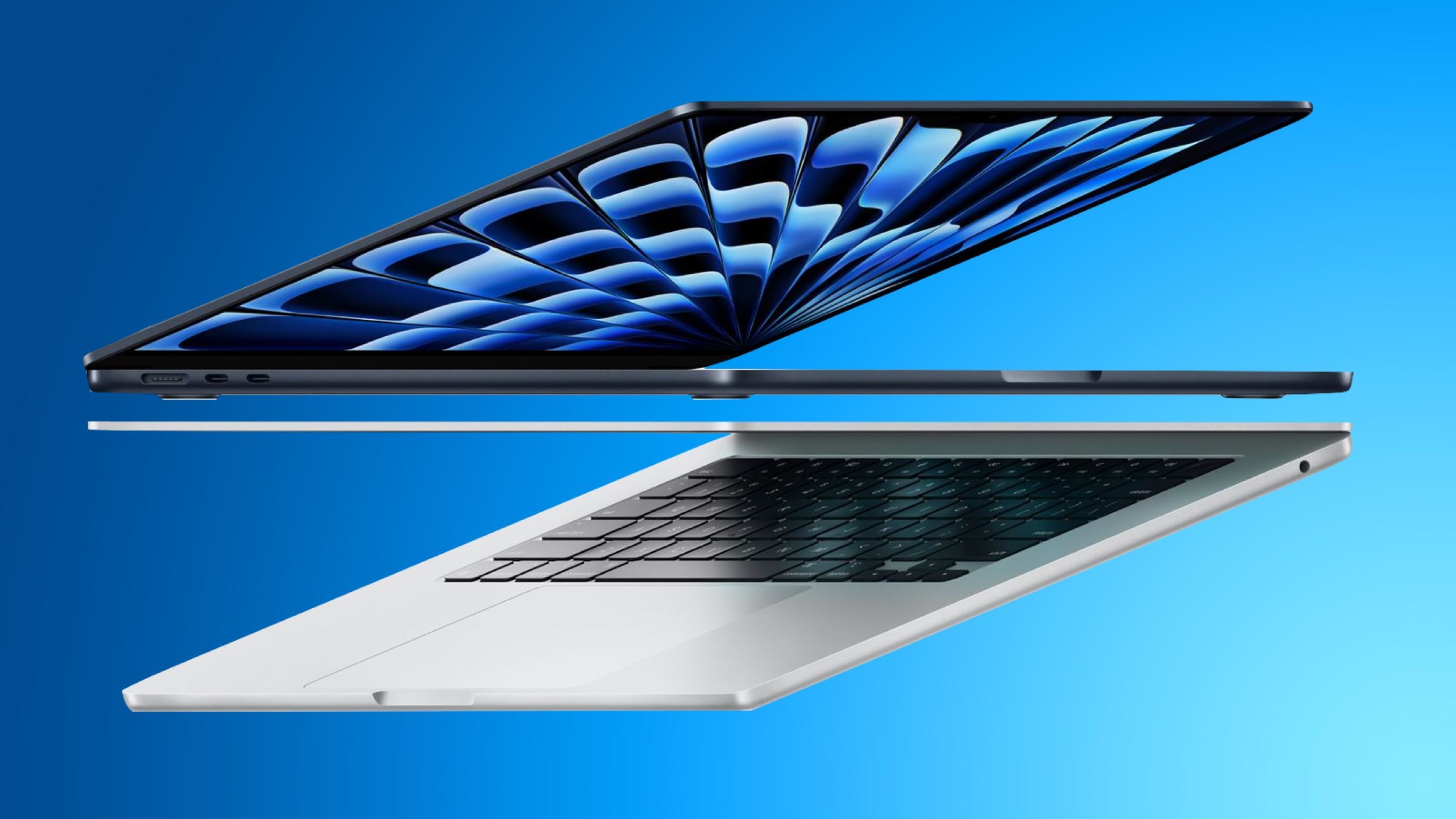
The repair website iFixit today shared a video teardown of the base model 13-inch MacBook Air with the M3 chip and 256GB of storage, and it shows that this configuration is equipped with two 128GB flash storage chips. This change results in significantly faster SSD speeds compared to the equivalent MacBook Air with the M2 chip, which has a single 256GB storage chip, as the SSD can read and write from the two chips simultaneously.

YouTube channel Max Tech ran Blackmagic's Disk Speed Test tool with a 5GB file size test on both the M2 and M3 models of the 13-inch MacBook Air with 256GB of storage and 8GB of RAM, and they found the SSD in the M3 model achieved up to 33% faster write speeds and up to 82% faster read speeds compared to the SSD in the M2 model.
Apple's decision to switch to a single 256GB chip for the base model M2 MacBook Air was controversial, even though the slower SSD speeds are unlikely to be noticed by the average user working on common day-to-day tasks. Fortunately, the base model M3 MacBook Air's SSD speeds are now roughly equivalent to the base model M1 MacBook Air again, so customers no longer need to be concerned about this potential limitation.
Apple still sells a 13-inch M2 MacBook Air with 256GB of storage for $999, so customers who want maximum SSD performance should avoid that model.
Beyond this SSD-related change, the teardown shows that the M3 MacBook Air models have a virtually identical internal design as the M2 models. The video provides a look at the battery cells with adhesive pull tabs, logic board, trackpad, and more.
Update: iFixit's CEO Kyle Wiens said the base model 15-inch MacBook Air with the M3 chip and 256GB of storage also has two 128GB storage chips.
Article Link: M3 MacBook Air Teardown Shows Apple Fixed Base Model's Biggest Flaw
Last edited:

